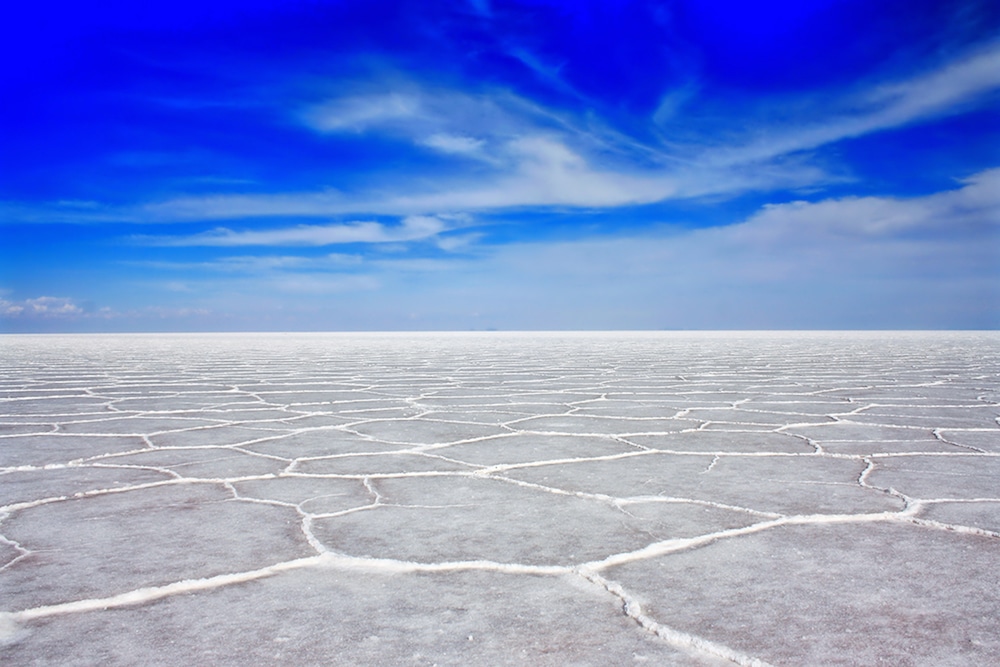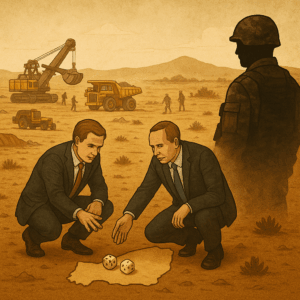The mining industry has for a long time had an unfavourable image problem with the general public. The typical person you meet on the street knows next to nothing about mining. Or if that person knows something about the industry at all, his/her perception is likely to be negative.
Jonathan Goodman, president and CEO of Dundee Corporation, an investment holding company, explained the public’s antipathy to industry in a recent article in Northern Miner article as follows: “Mining has a tainted history of community exploitation and environmental damage.”
Mark Cutifani, CEO of Anglo American Plc., the world’s largest producer of platinum as well as a major producer of diamonds, copper, nickel, iron ore and thermal coal, put it this way: “People tend to see us as an industry that takes more than it gives.”
“While mining is essential,” said Mark Bristow, president & CEO of Barrick Gold, the world’s second biggest gold producer by market capitalization, “it’s an unloved industry.”
What are the practical consequences if the public perception of your company or your industry is negative? For one thing, it will take longer for companies to get their mining and water permits, among others. That’s very much a fact of life for projects located in first-world jurisdictions.
Another consequence is increased public scrutiny and local opposition which will add costs to a project, if not kill it outright.
Things don’t have to be this way as the mining’s footprint on the world’s habitable land, as pointed out by Cutifani, is only 0.04 percent as opposed to 50 percent for agriculture. The metals produced by mining are vital to the maintenance of civilization and essential to the world’s transition to a net-zero carbon economy.
AGRICULTURE AND FISHING ARE WORSE VILLAINS
Other industries such as agriculture and fishing have vastly greater negative impact on the earth than the mining industry. Agricultural runoffs are slowly killing the Great Barrier Reef and causing toxic algal blooms around the world. Hormones and antibiotics fed to pigs and chickens are creating superbugs that weaken or render antibiotics useless. Vast quantities of herbicide and pesticide used annually by agriculture the world over contaminate waterways and ground water, cause cancer and kill numerous other wildlife.
It’s a little-known fact that the fishing industry is responsible for half of the plastic waste that ends up in the oceans. How could the world’s industrial fishing fleets and mom-and-pop operators so callously treat the ocean as a garbage dump? And yet that’s what they have been doing forever by dumping their discarded nets and longlines, in the process inflicting painful death on countless fish and other marine mammals.
Why are there no protesters waving placards at ports demanding fishing fleets stop dumping their damaged nets into the ocean?
MODERN HOG FARMING DAMAGES THE ENVIRONMENT WAY MORE THAN MINING
In any given year, the hog farming industry probably does more damage in a visible and ugly way to waterways, aquatic life, the soil, the air and underground aquifers than mining as a whole in decades.
Look at the wastes from pig farms this way: It’s like allowing a chemical manufacturer to – in plain sight – pipe untreated toxic sludge into the river or ocean, something that’s still happening in China or other developing countries, but no longer tolerated in the West.
By contrast, mining companies are subject to strict and rigorous waste (tailings) rock management standards before they get a mining permit. And when a tailings dam breaks, most likely because it was designed and installed decades ago when standards were not as high, its owner is banished to reputational purgatory in addition to having to pay damages ranging from tens of millions of dollars to hundreds of millions.
Little has changed in the pig mega farms over the decades. They still pollute with impunity.
And at the same time slowly killing consumers with meat laced with antibiotics and growth hormones. What kind of cumulative damage do these substances wreak on the human body over the years? Why are there are no pickets outside industrial pig farms demanding change?
Can humans survive by not eating pork? The answer is unequivocally yes. There are other more wholesome and nutritious substitutes out there. What happens if lithium mining stops? There will be no cellphones, laptops or iPads. Can you function in the modern society without a mobile device?
Why is the public perception of the mining industry so unfavourably skewed?
How come the public know so little about what goes on in the mining industry aside from the general perception that a mining company is one that digs a hole in the earth?
What can the industry do as a whole to earn the public’s respect and goodwill?









